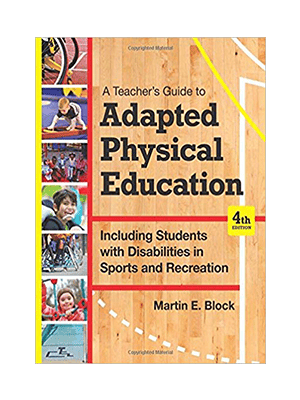Whether you are a first-year teacher or a veteran educator, it’s the perfect year to say “yes” to a master’s degree in education. Making the investment in yourself can reignite your love of teaching and learning and support your long-term goals. If you’ve been thinking about an advanced degree, consider these three reasons why a master’s degree may be right for you now.
1. Reignite Your Passion
In its essence, teaching is about relationships – understanding students’ needs, fostering their passions, and figuring out what makes them tick. Unfortunately, the challenges of the pandemic coupled with the changing needs of our students have led many teachers to feel less connected and more frustrated in their careers. According to a recent RAND report, 25% of teachers have considered leaving the profession altogether. Fortunately, as every teacher knows, knowledge is power. Pursuing a master’s degree gives teachers the opportunity to discover new strategies and meaningful solutions to their greatest challenges. Sharing new knowledge and new skills alongside professors and other educators who understand the current challenges can help teachers feel more capable, confident, and inspired in the classroom.
2. Empower Yourself as a Professional
Teachers are often so focused on the educational advancement of their students that their own goals get lost along the way. A master’s degree provides teachers an opportunity to pursue their professional goals. While an advanced degree can help classroom teachers reignite their love of teaching, it can also help them step into new roles. Rather than “starting over,” a master’s degree in education allows teachers to pursue a new, specialized role while building on current experience. For example, a concentrated study in ESL/ELL support, Special Education, or Curriculum and Instruction (to name a few) gives teachers the chance to serve their schools and students in new ways. Graduate-level training and can also be the first step in gaining a leadership position. If you find yourself thinking about your future or considering a role change, now is the perfect time to consider a master’s degree.
3. Invest in Your Future
Most school districts offer a compensation package that rewards teachers for completing their master’s degrees. According to the National Council on Teacher Quality, a teacher with a master’s degree earns, on average, $5,285 more than a teacher with a bachelor’s degree. Across a 30-year career, a teacher with a master’s degree will make an average of $158,562 more than a teacher with a bachelor’s degree (and that number can be much higher depending on the district). Imagine if you were able to invest that extra money each year for 30 years? A master’s programs can be a lot more affordable than you might think, making the initial cost investment manageable for even new teachers. While it’s true that you probably didn’t go into teaching for the paycheck, this is all the more reason to make sure you are receiving the highest possible compensation for the hard work you do.
























